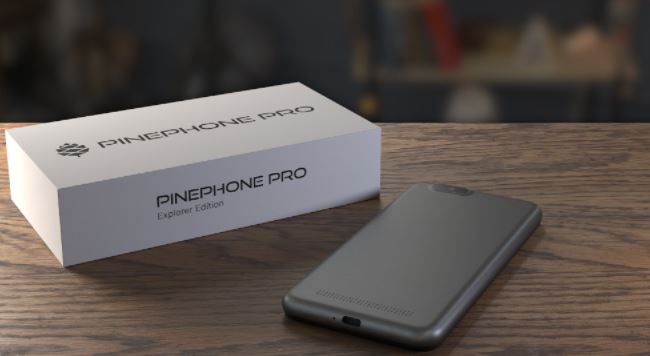Open source hardware developers Pine64 have begun delivering new versions of their PinePhone Pro smartphone, in addition to their new e-ink tablet and updated versions of their laptops. This project began with the launch of the $32 USD A64 SBC, reaching the design and development of laptops, smartphones, tablets and smart watches with open designs and that recognize multiple operating systems.
The A64 board, with a quad-core 1.2GHz Arm SoC, formed the basis of the PineBook in 2017 and later the PinePhone Pro. With 2GB of RAM and 16GB of flash, the original models already looked pretty dated when they started selling in 2020, despite a later upgrade to go up to 3GB of RAM and twice as much flash.
These devices are focused on user privacy, and their ability to work with custom operating systems makes them a great choice for entrepreneurs, journalists, politicians, and other individuals interested in using devices more secure than those mass-produced by big tech companies.
Pine64 devices continue to advance. The newer kits have 4GB of RAM and a 1.5GHz Rockchip RK3399 chip, such as the PineBook Pro laptop with 64GB of flash and USB 2, 3 and C ports, for a price of $299 USD.

On the latest model of PinePhone Pro, we will have to wait for its launch, because at the moment it is only available for developers of operating systems. The PinePhone is expected to recognize about 20 different versions of Linux, to which developers can add NetBSD, OpenBSD, and RISC OS.
As expected, these devices are not sought after only by legitimate users, since multiple groups of threat actors usually adopt the use of PinePhone smartphones to try to go unnoticed.
To learn more about information security risks, malware variants, vulnerabilities and information technologies, feel free to access the International Institute of Cyber Security (IICS) websites.

He is a well-known expert in mobile security and malware analysis. He studied Computer Science at NYU and started working as a cyber security analyst in 2003. He is actively working as an anti-malware expert. He also worked for security companies like Kaspersky Lab. His everyday job includes researching about new malware and cyber security incidents. Also he has deep level of knowledge in mobile security and mobile vulnerabilities.











